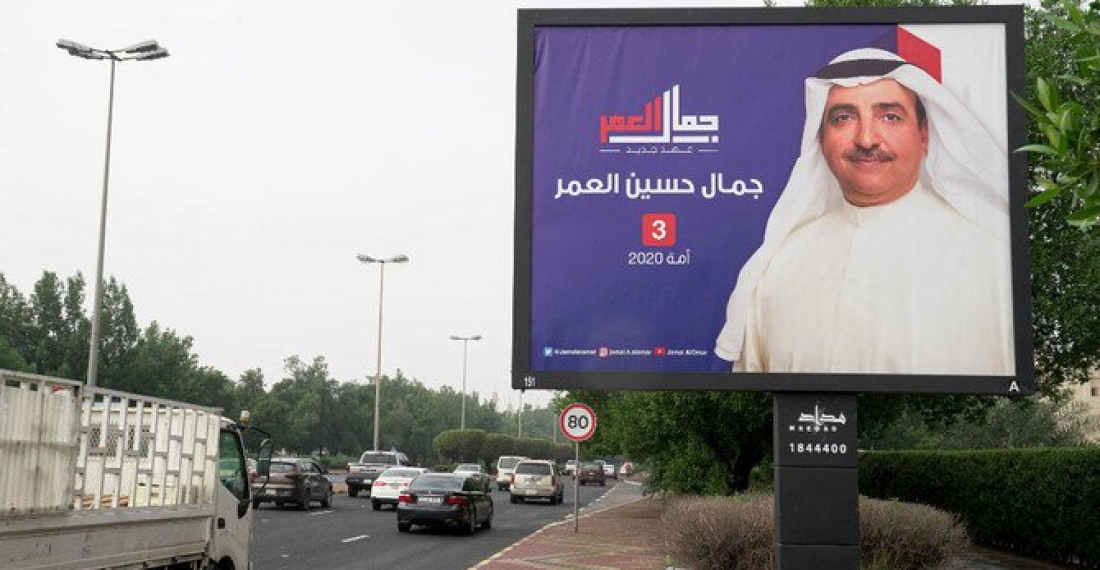The Gulf state of Kuwait will hold parliamentary elections on Saturday.
The emirate, which has a hereditary monarchical system also has a long parliamentary tradition. First elections were held in Kuwait in 1962, at the time of independence. Kuwait has also given the vote to women since 2005.
This will be the first election since the new emir, Sheikh Nawaf Al-Ahmad Al-Sabah, took office in September following the death of his half-brother, 91-year-old Sheikh Sabah Al-Ahmad Al-Sabah. Because of the coronavirus pandemic this election has mainly been fought on social networks and in the media.
More than 567,000 Kuwaiti voters will be eligible to choose among the 326 candidates contesting the vote, including 29 women.
Whilst some have described it as a lacklustre campaign, the usual themes are a constant - from promises to fight corruption and plans to address youth employment, to freedom of expression, housing, education and the thorny issue of Kuwait’s stateless "bedu" minority.
Parliament in Kuwait has more teeth than in some other Gulf countries, and Ministers, including members of the royal family, are often called to parliament for grilling by MPs, and sessions are aired on national television. Parliament also has the power to remove government ministers from their post, and to call for a no-confidence vote in the government.
There have been in the past some concerns that militant religious groups were gaining a hold in the parliament, although there influence on government remains limited. The Emir has as a last resort the authority to dissolve parliament, a right that has been exercised several times by previous Emirs when relations between parliament and government appeared in deadlock.
source: commonspace.eu with agencies
photo: An election poster ahead of parliamentary election i Kuwait on 5 December 2020.






